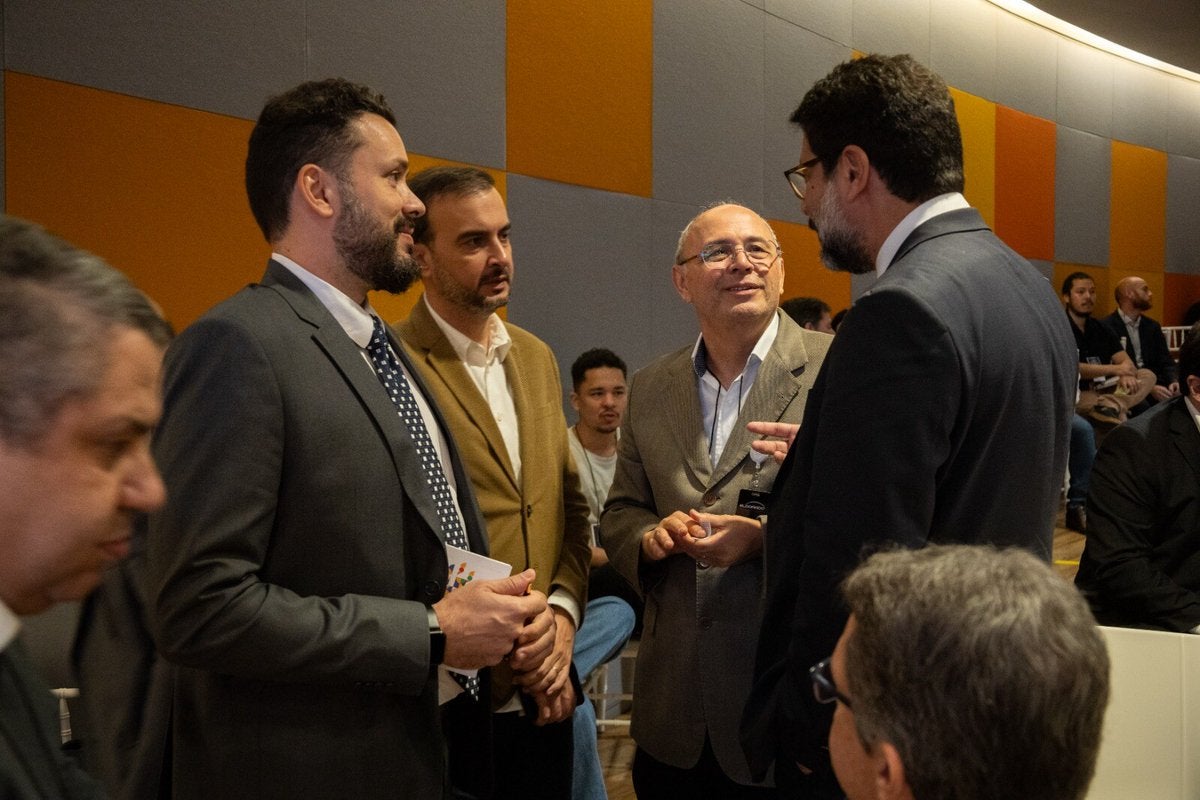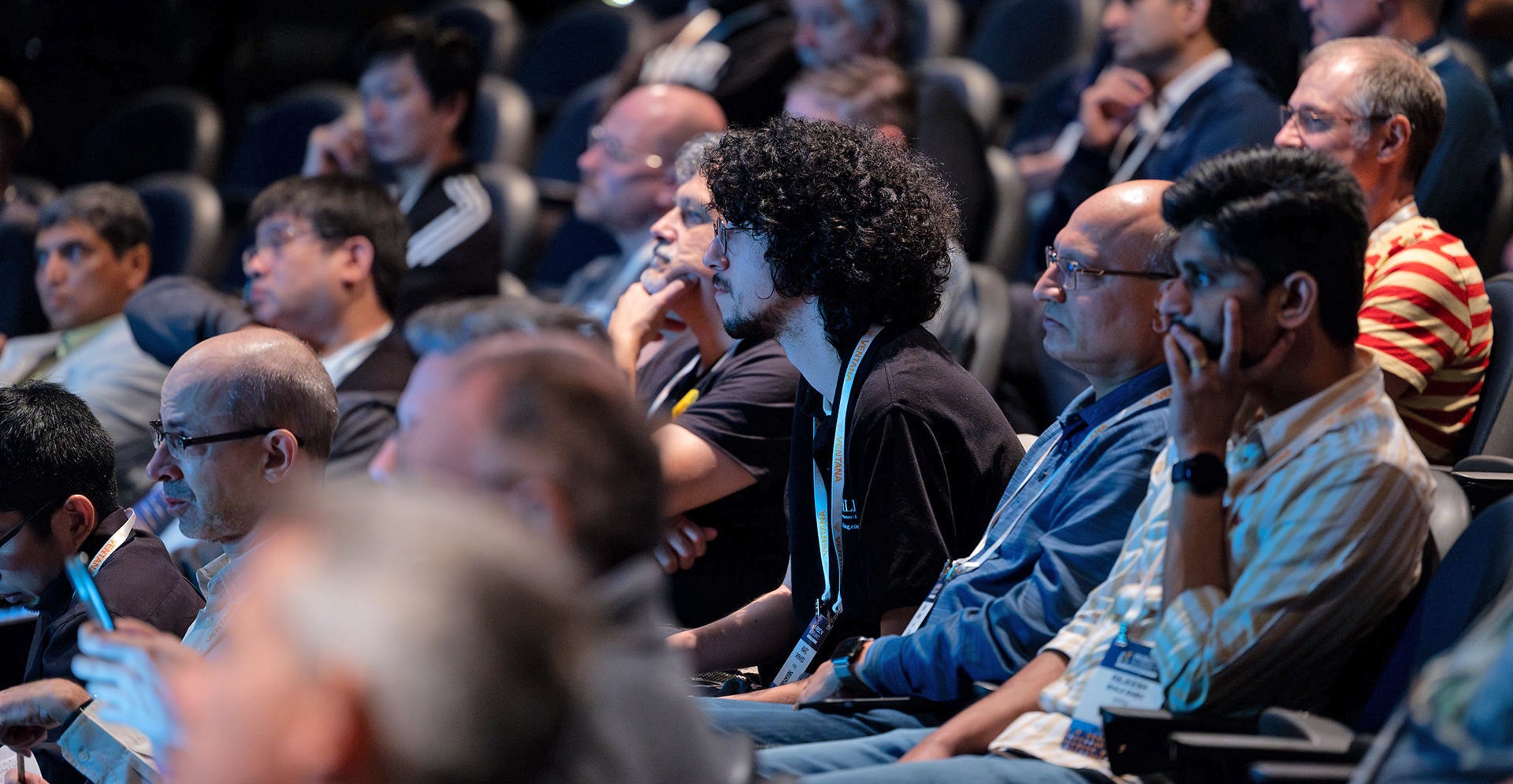
Brazil is making significant strides in developing artificial intelligence (AI) infrastructure, focusing primarily on High-Performance Computing (HPC), semiconductor technology, and large language models (LLMs). The country’s 4 billion USD initiatives align with its broader goals of achieving technological sovereignty and fostering open collaboration.
Core Focus: AI Infrastructure and RISC-V Integration
Brazil has positioned RISC-V at the heart of its semiconductor and AI infrastructure strategy. RISC-V, an open-standard instruction set architecture, is central to Brazil’s AI development efforts. In this context, Axis 1 of the Brazilian AI Plan, specifically under the “International Partnerships for the Development of Supercomputer Nodes and Accelerator Chips,” aims to overcome technological dependencies by fostering international collaborations to develop supercomputer nodes and AI accelerator chips and investing over 150 million USD on this initiative. The country is pursuing strategic partnerships to tackle the challenge of external technological reliance and secure its place in global AI infrastructure development.
This approach is important because Brazil became a Premier Member of RISC-V International, underscoring its commitment to open standards. Brazil’s decision to join RISC-V International supports the country’s vision for AI and semiconductors by fostering homegrown solutions while collaborating internationally. As the global semiconductor market becomes increasingly competitive, Brazil aims to differentiate itself by focusing on RISC-V-based chips and intellectual property creation for high-performance computing (HPC).
Brazil’s Broader AI and Semiconductor Vision
Brazil’s journey in semiconductors began decades ago, but today, it is more integrated with its AI ambitions. The country’s plans to develop AI infrastructure are linked to its long-term goal of ensuring technological autonomy, especially in industries where AI can drive innovation. Pro-Infrastructure AI (Pro-Infra AI) – a core initiative under the National Infrastructure Program for AI – aims to expand computational capacity through data centers and specialized processors, including those powered by RISC-V architectures. The project aims to support 25 AI infrastructure projects over five years, with a budget of 50 million USD from 2024 to 2028.
Moreover, the PBIA (Brazilian Artificial Intelligence Plan) includes ambitious projects such as developing one of the top five supercomputers in the world, powered by renewable energy. This supercomputer, dubbed Santos Dumont, will play a vital role in training advanced large language models in Portuguese, cementing Brazil’s AI sovereignty.
International Collaborations and Focus on HPC
Brazil is also investing in International Partnerships for Sharing AI R&D Infrastructure, focusing on creating an inclusive AI ecosystem, especially with countries in Latin America, the Caribbean, and Africa. Brazil aims to significantly expand its AI infrastructure connectivity, providing collaborative projects and increasing research capacities in these regions.
With these partnerships, Brazil is positioning itself as a leader in open standard AI technologies, building a strong foundation for HPC, AI accelerators, and next-generation chips. These investments are designed not just for domestic needs but also to offer global AI solutions, particularly for nations that need to overcome technological barriers.
A Vision for AI Autonomy
Brazil’s AI infrastructure initiatives are poised to strengthen its global competitiveness by focusing on HPC, semiconductors, and LLMs. By prioritizing RISC-V and creating a collaborative environment for technological advancement, Brazil is setting the stage to be among the leaders of the next wave of AI innovations, ensuring that the benefits of AI are available to all, especially in the Global South. These efforts underscore the country’s commitment to fostering technological sovereignty through a combination of international cooperation, open standards, and homegrown innovation.


